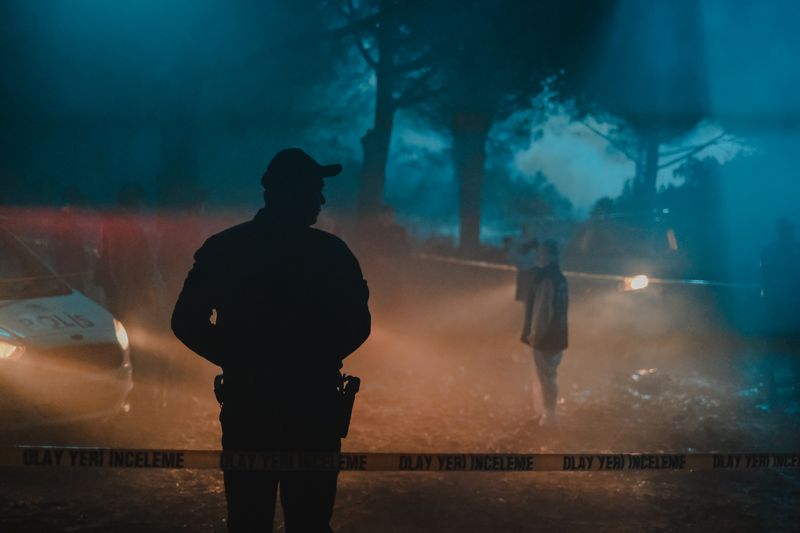What the Shooting of Sikh Leader Hardeep Singh Nijjar Means for Canada and India’s already tense relationship
Tensions between Canada and India have reached an unprecedented level following the shooting of Sikh leader Hardeep Singh Nijjar in British Columbia in June. Canada has recently announced that it has credible information linking Indian government agents to Nijjar’s murder and has expelled a senior Indian intelligence official. This development has further worsened bilateral ties between the two nations, especially as India is already unhappy with Canada’s perceived inaction against Sikh protesters demanding an independent Sikh homeland.
Who was Hardeep Singh Nijjar?
Hardeep Singh Nijjar was a prominent Sikh leader and a vocal supporter of the proposed independent Sikh homeland, known as Khalistan. He was assassinated on June 18th outside a Sikh cultural center in Surrey, British Columbia. Nijjar was an outspoken advocate for the creation of a separate Sikh state carved out of parts of northern India and potentially part of Pakistan. The World Sikh Organization of Canada described Nijjar as a strong supporter of Khalistan who frequently led peaceful protests against human rights violations in India and in favor of Khalistan.
Why was he shot?
The Khalistan movement, which advocates for an independent Sikh state, is banned in India, where it is seen as a national security threat. Indian officials have accused Nijjar of carrying out terrorist attacks within India, a charge he vehemently denied. Nijjar was reportedly the head of the pro-Khalistan group Khalistan Tiger Force and the Canadian arm of Sikhs for Justice. He was also on India’s National Investigation Agency’s wanted list.
What is happening with Sikhs in India and Canada?
The Indian state of Punjab, which has a large Sikh population, experienced a violent separatist movement in the 1980s and early 1990s, resulting in the deaths of around 30,000 people. The demand for Khalistan gained momentum during this period, fueled by the storming of the Harmandir Sahib (Golden Temple) in Amritsar by Indian security forces in 1984, which led to the assassination of then-Prime Minister Indira Gandhi by her Sikh bodyguards. The violence continued with the bombing of an Air India flight in 1985, allegedly orchestrated by Sikh militants.
Canada has a significant Sikh population, with the highest number of Sikhs outside of Punjab in India. The country has witnessed numerous demonstrations by Sikh activists, which have been a source of concern for India. The Indian government believes that the Sikh diaspora in Canada could revive the separatist movement for Khalistan.
Why are relationships between the countries strained?
The tensions between Canada and India have been escalating for several reasons. Firstly, during the recent G20 summit in New Delhi that Canadian Prime Minister Justin Trudeau attended, Indian Prime Minister Narendra Modi expressed concerns about “continuing anti-India activities of extremist elements in Canada.” This statement further strained the relationship between the two nations.
Additionally, the freezing of trade talks between Canada and India, which had previously stated their intent to finalize a trade deal by the end of 2023, has fueled the tensions. The bilateral trade between the two countries in 2022 amounted to a relatively small sum compared to the overall trade volume.
What will happen next?
Following the allegations of Indian government involvement in the murder of Nijjar, Prime Minister Trudeau has called on the Indian government to cooperate in the investigation and labeled any potential involvement by a foreign government in the killing of a Canadian citizen as “an unacceptable violation of our sovereignty.” The Canadian government has already taken action by expelling a senior Indian diplomat, who is reportedly the head of India’s foreign intelligence agency in Canada.
India, on the other hand, has strongly denied any involvement in Nijjar’s murder, dismissing the allegations as “absurd.”
It remains to be seen how these recent developments will impact the already strained relationship between Canada and India. Both countries will need to engage in open and transparent dialogue and work towards building trust and understanding to avoid further escalation of tensions. In the case of Canada, it will be crucial to find a balance between respecting the right to free speech and assembly of protesters, while also addressing the concerns of the Indian government regarding the activities of Sikh activists in Canada.
Sikh separatism remains a complex issue that requires a thoughtful and sensitive approach from both countries. It is essential to recognize and respect the rights and aspirations of Sikh individuals, while also ensuring that peace, security, and national integrity are upheld.

<< photo by Mak >>
The image is for illustrative purposes only and does not depict the actual situation.
You might want to read !
- Trudeau’s Accusations: Fuelling Anger in India over Hardeep Singh Nijjar
- “Jacinda Ardern’s Mysterious Absence: Unraveling the Enigma Behind Her Withdrawal from New Zealand’s Election Campaign”
- “No Holds Barred: Star Accuses World Title Robbery; Exposing the Hype Surrounding Aussie Contender”
- “Battleground Showdown: Your Guide to Watching Colorado vs. Colorado State Live!”
- “Nick Chubb’s Season Cut Short: Cleveland Browns Face Running Back Dilemma”
- “The Disappearing Act: Unraveling the Mystery Behind the Missing F-35 Fighter Jet”
- Injury Woes Loom for Browns as Nick Chubb Likely Out for Season




